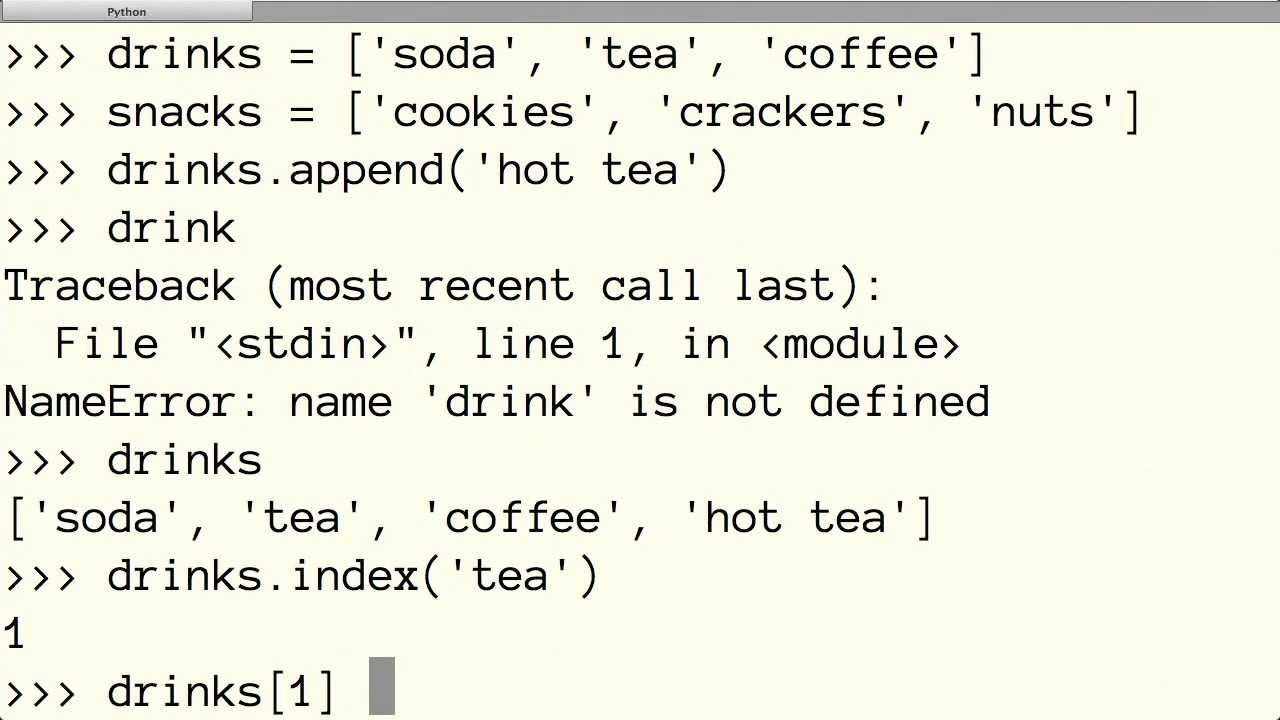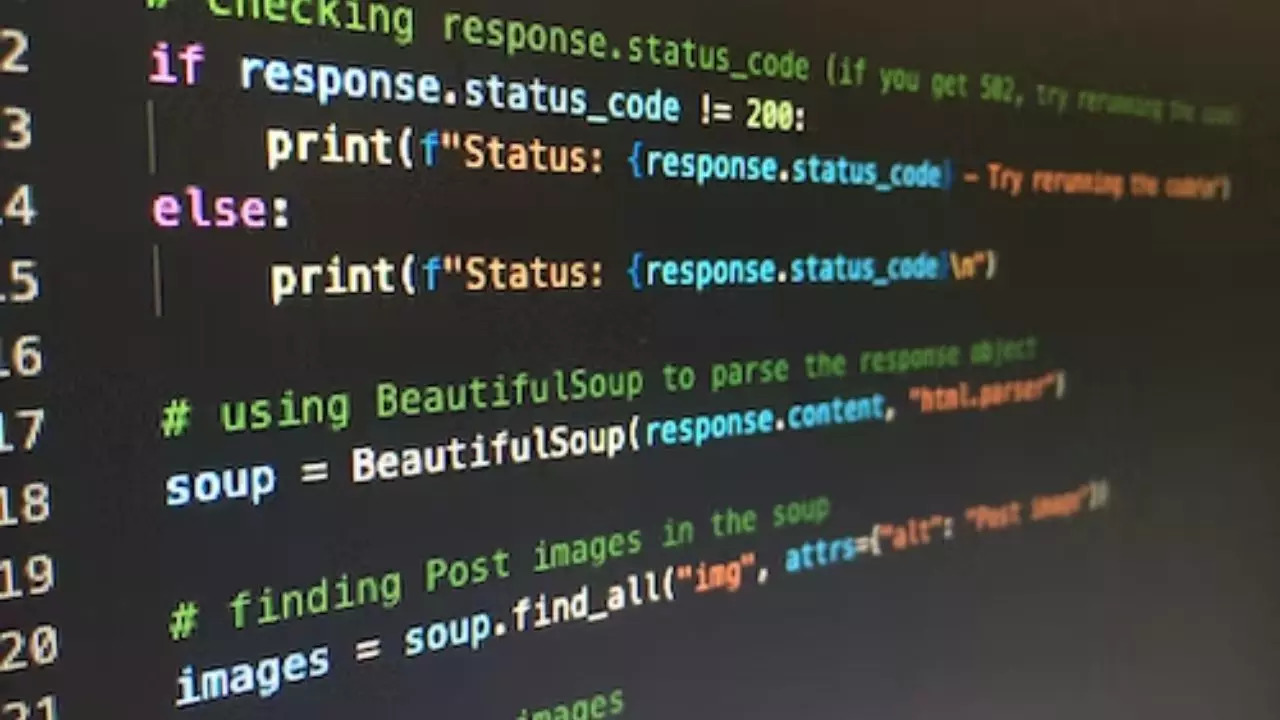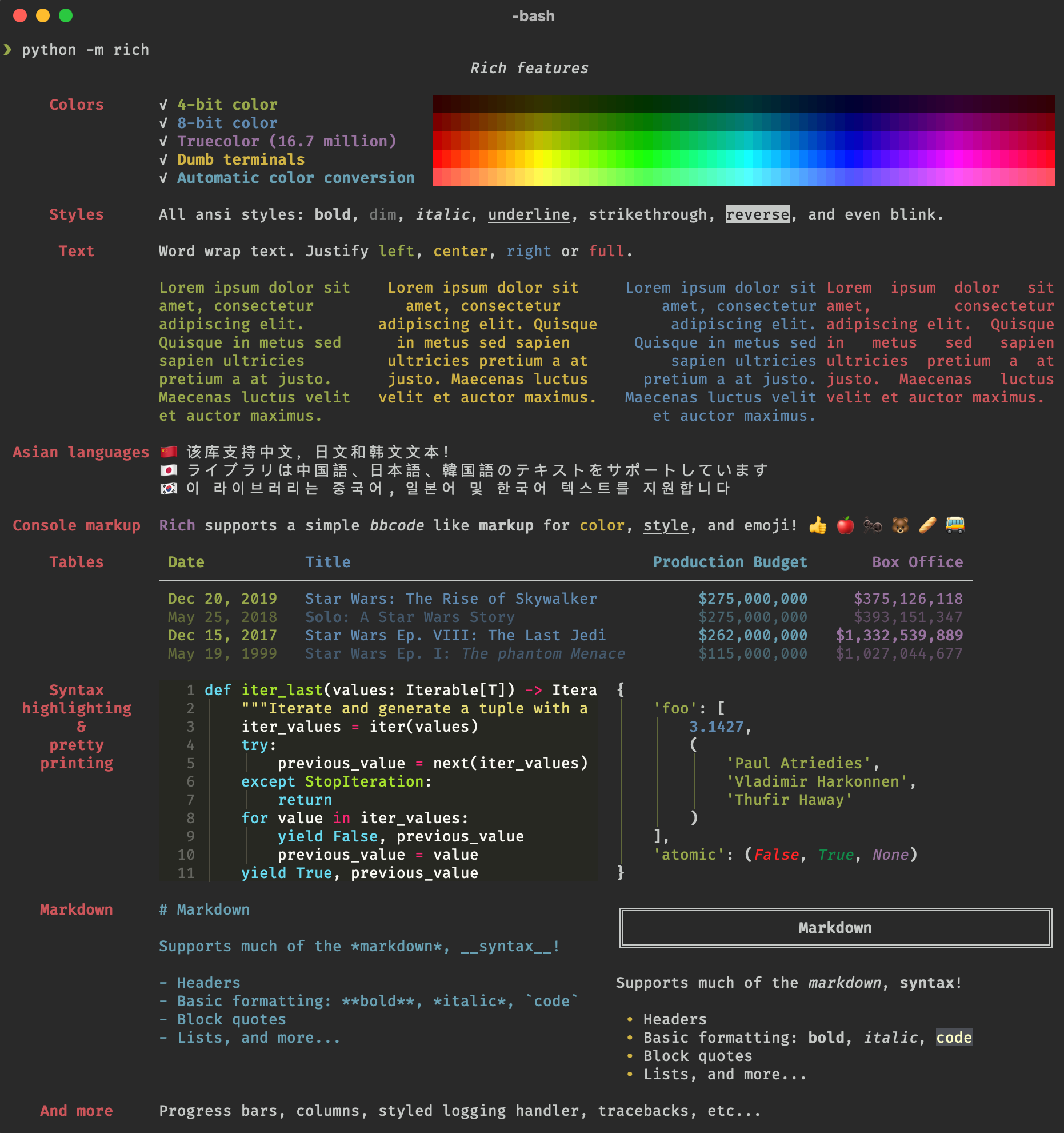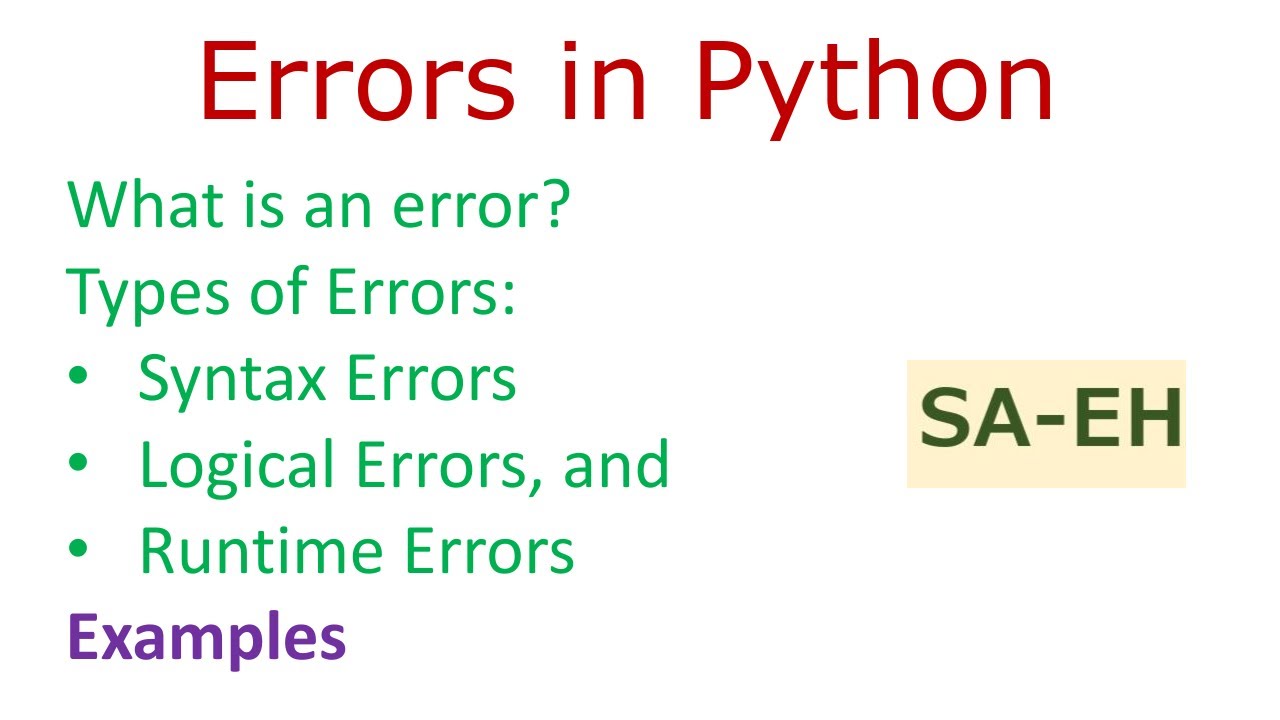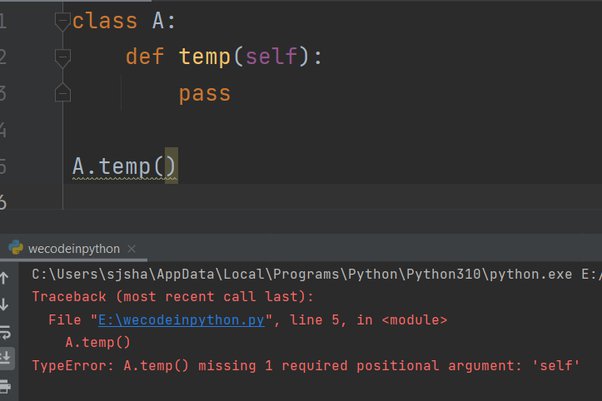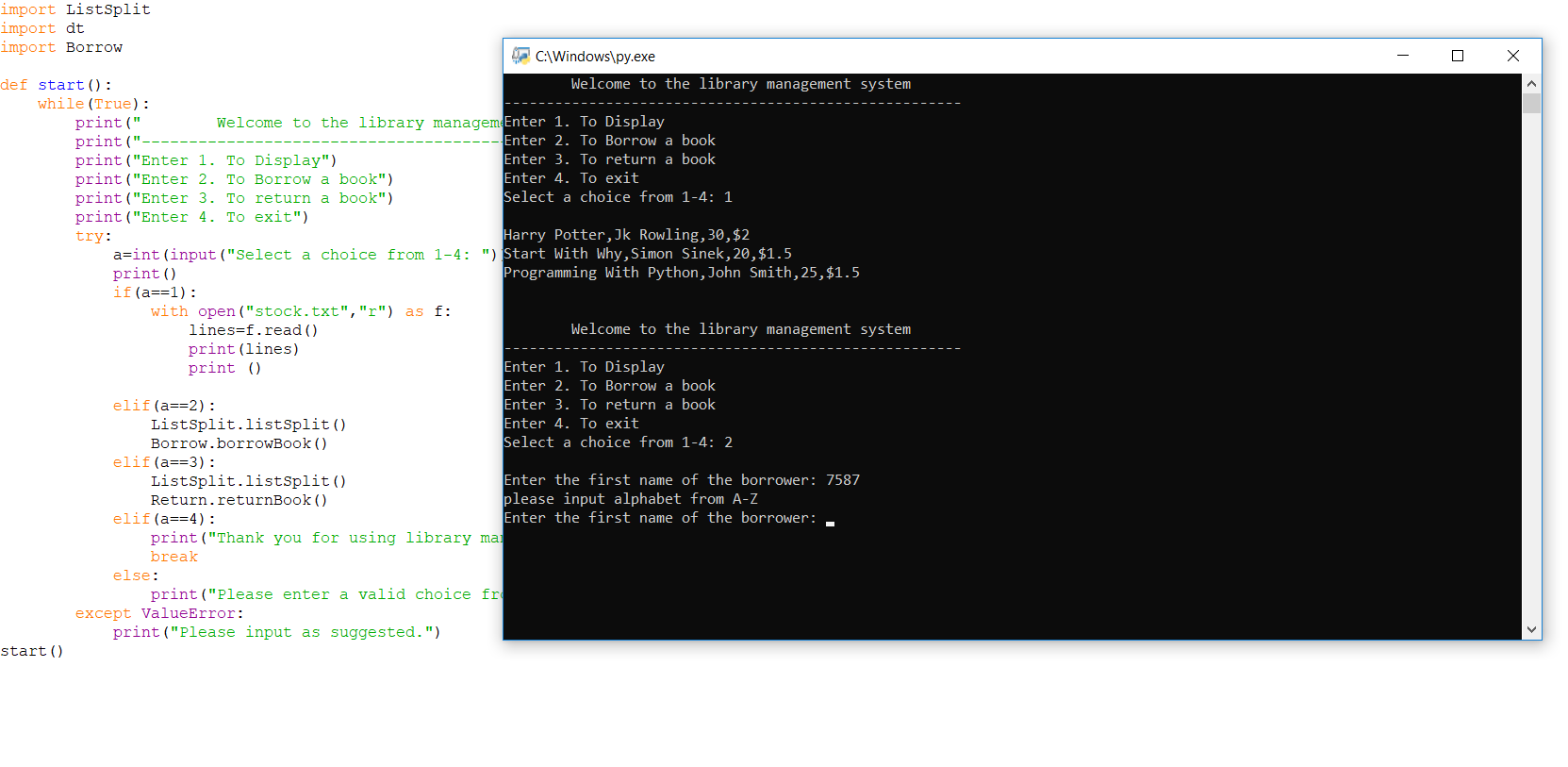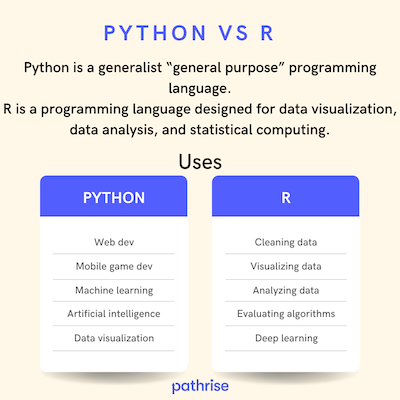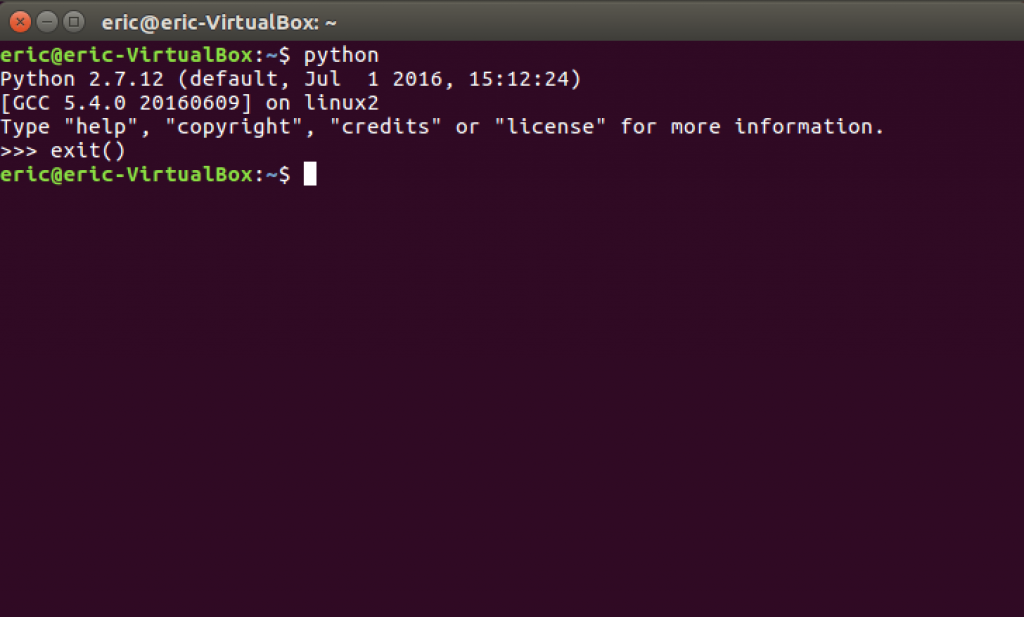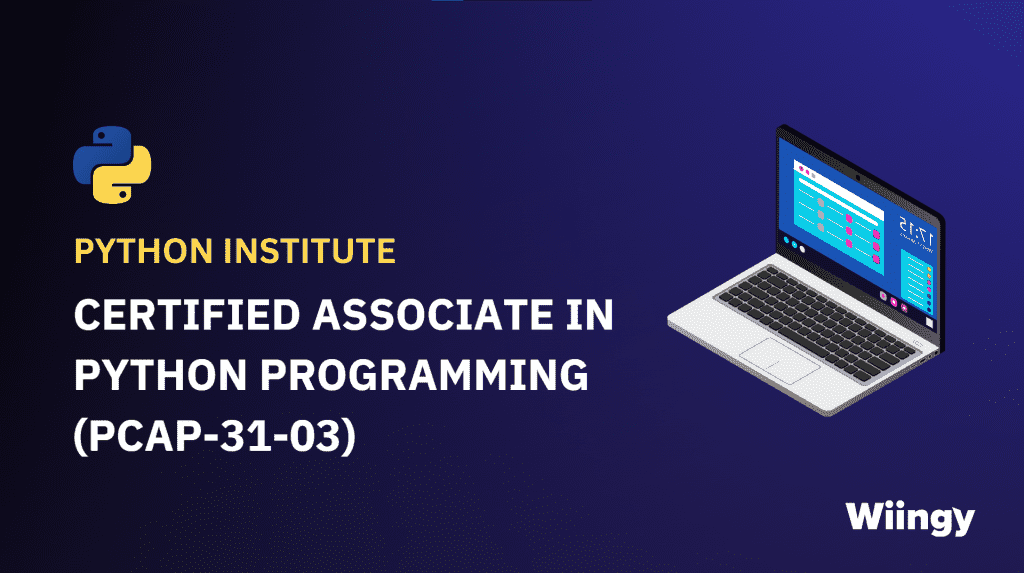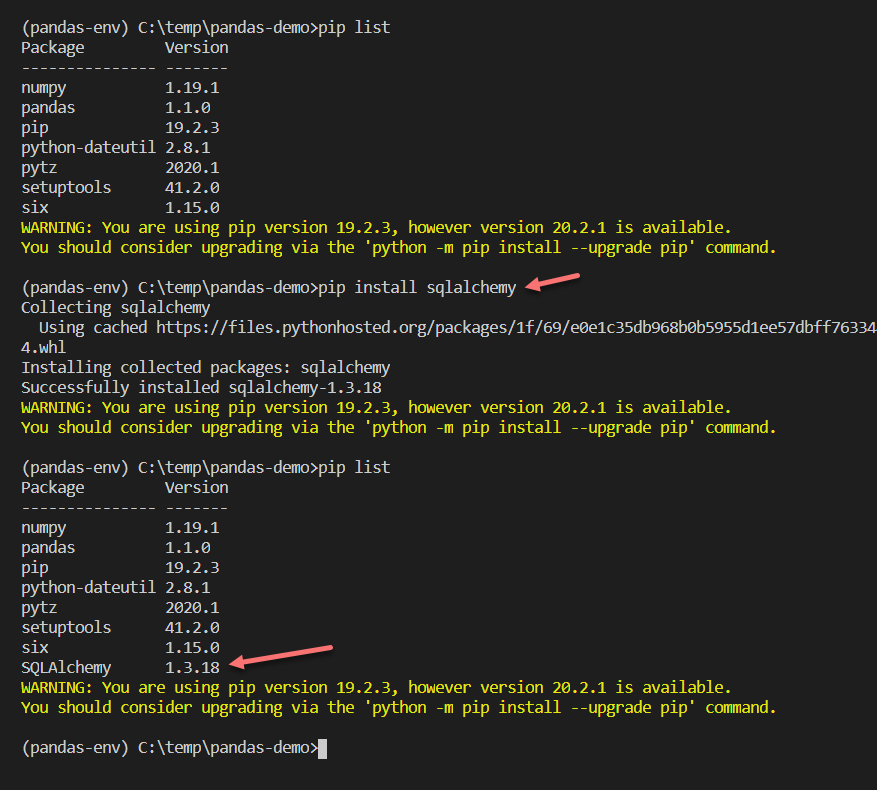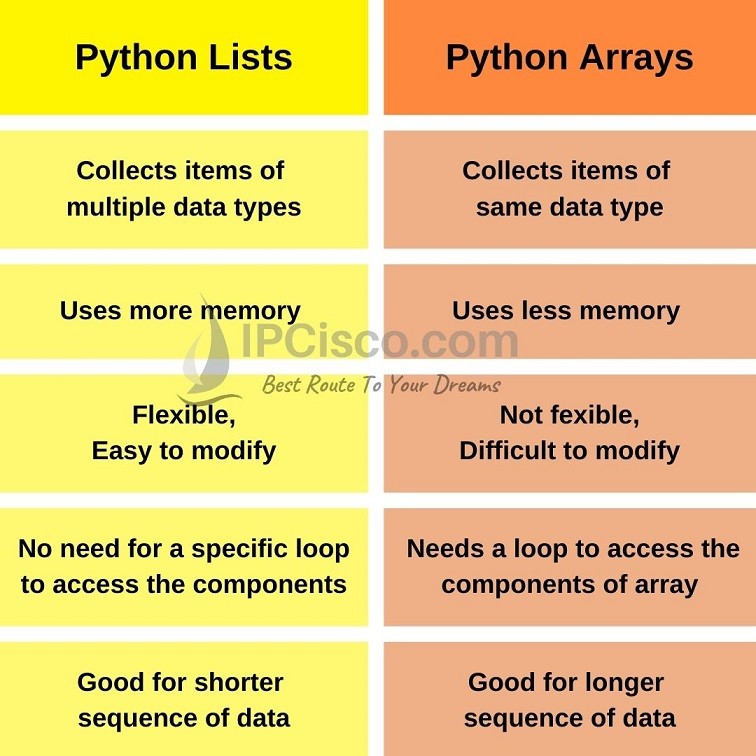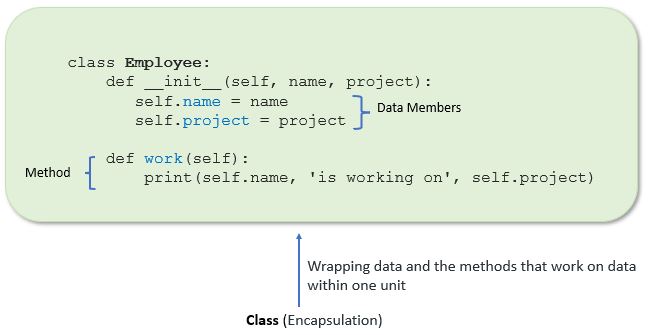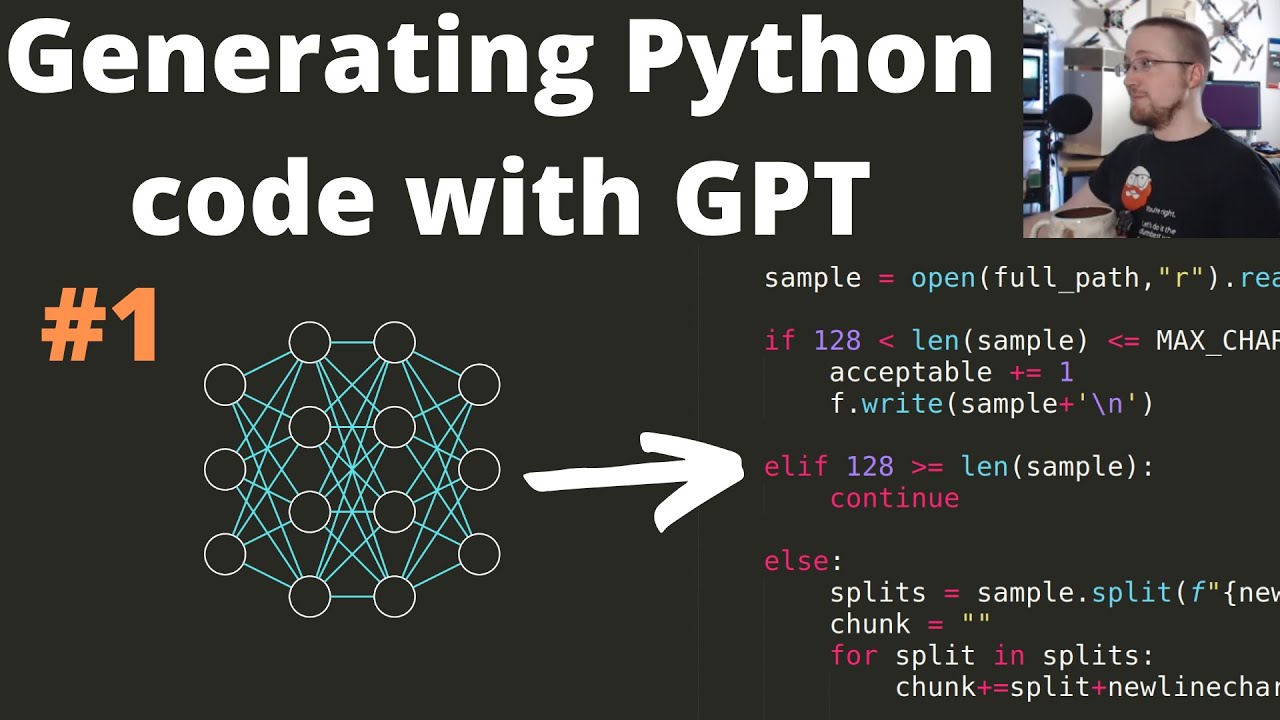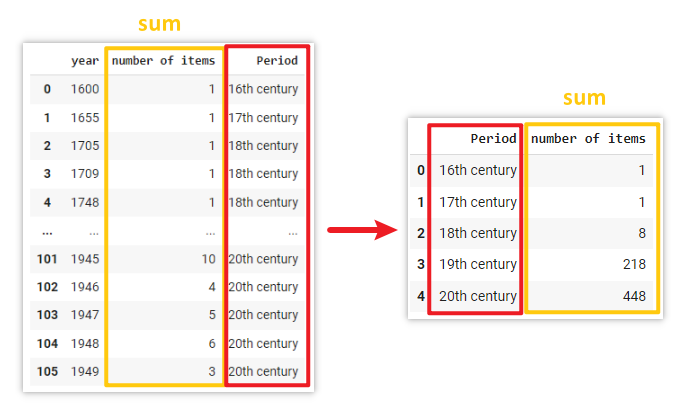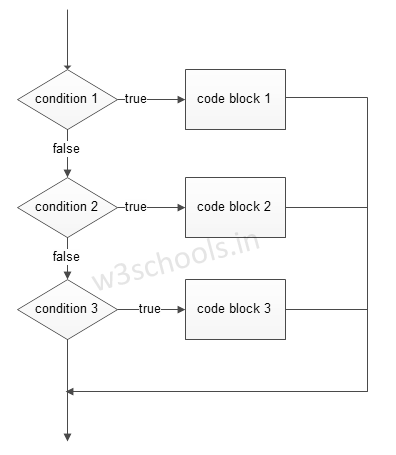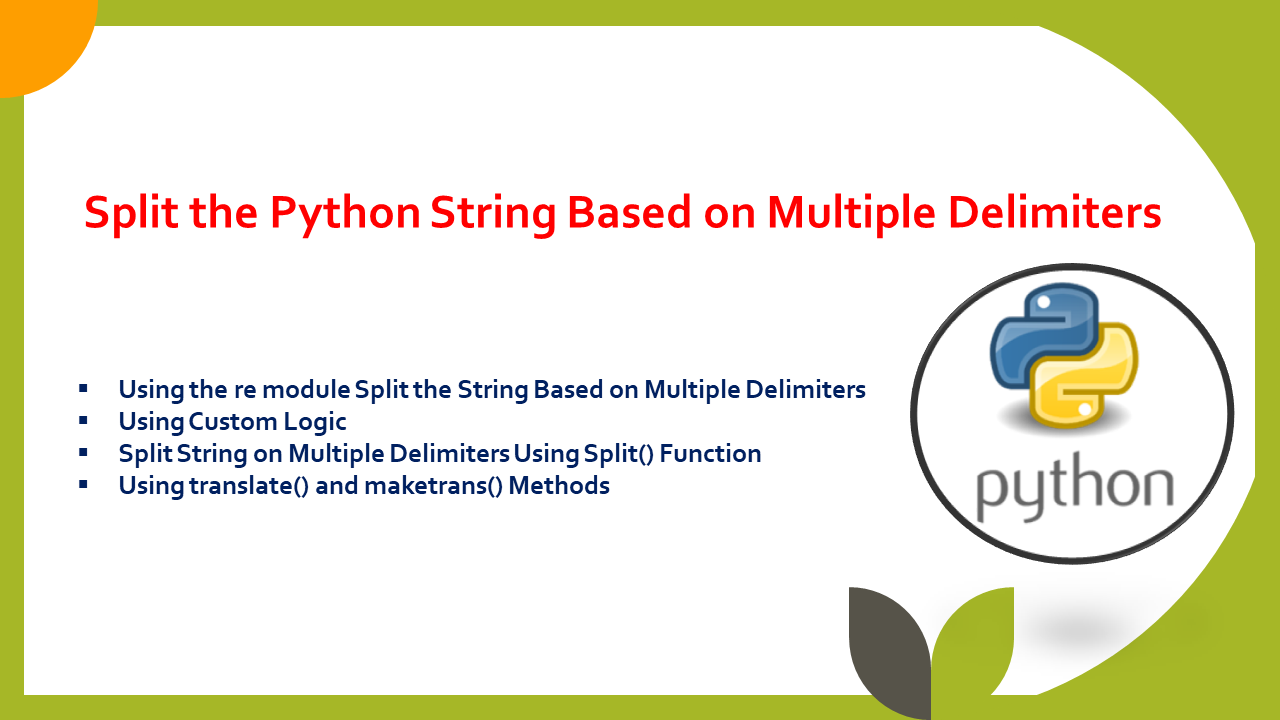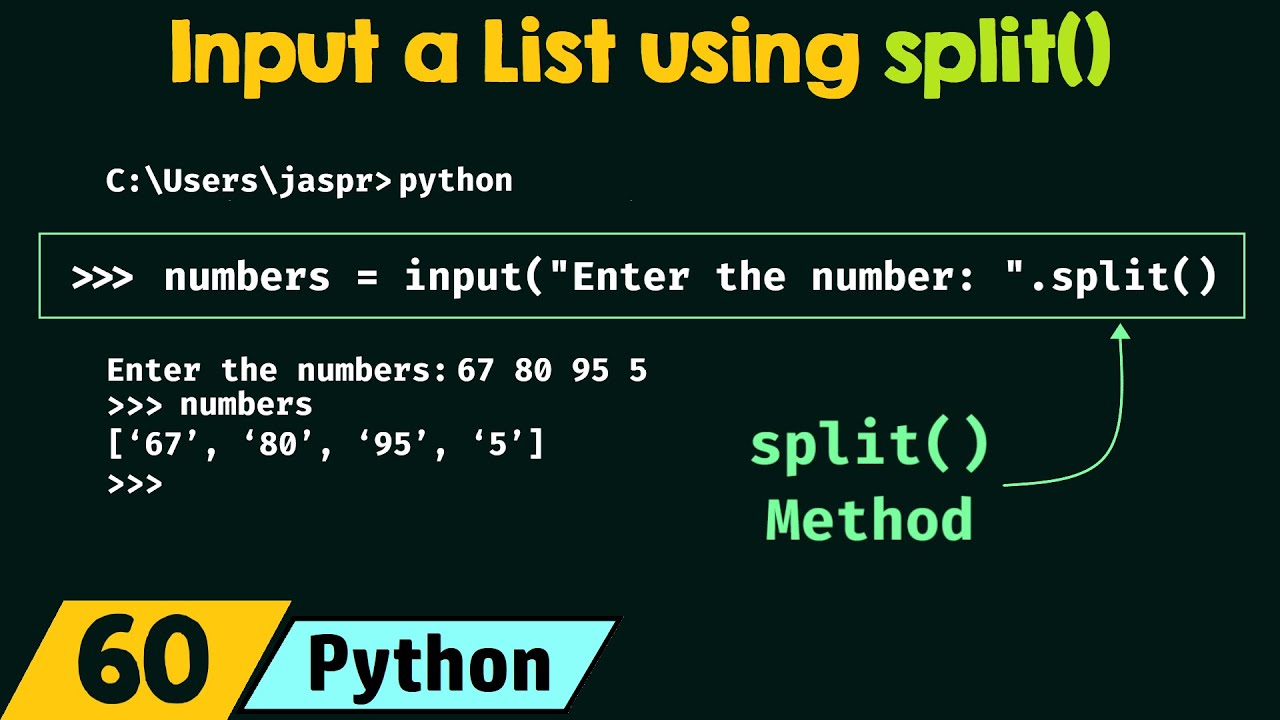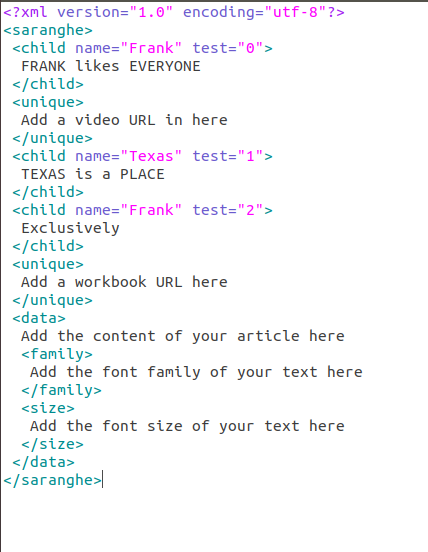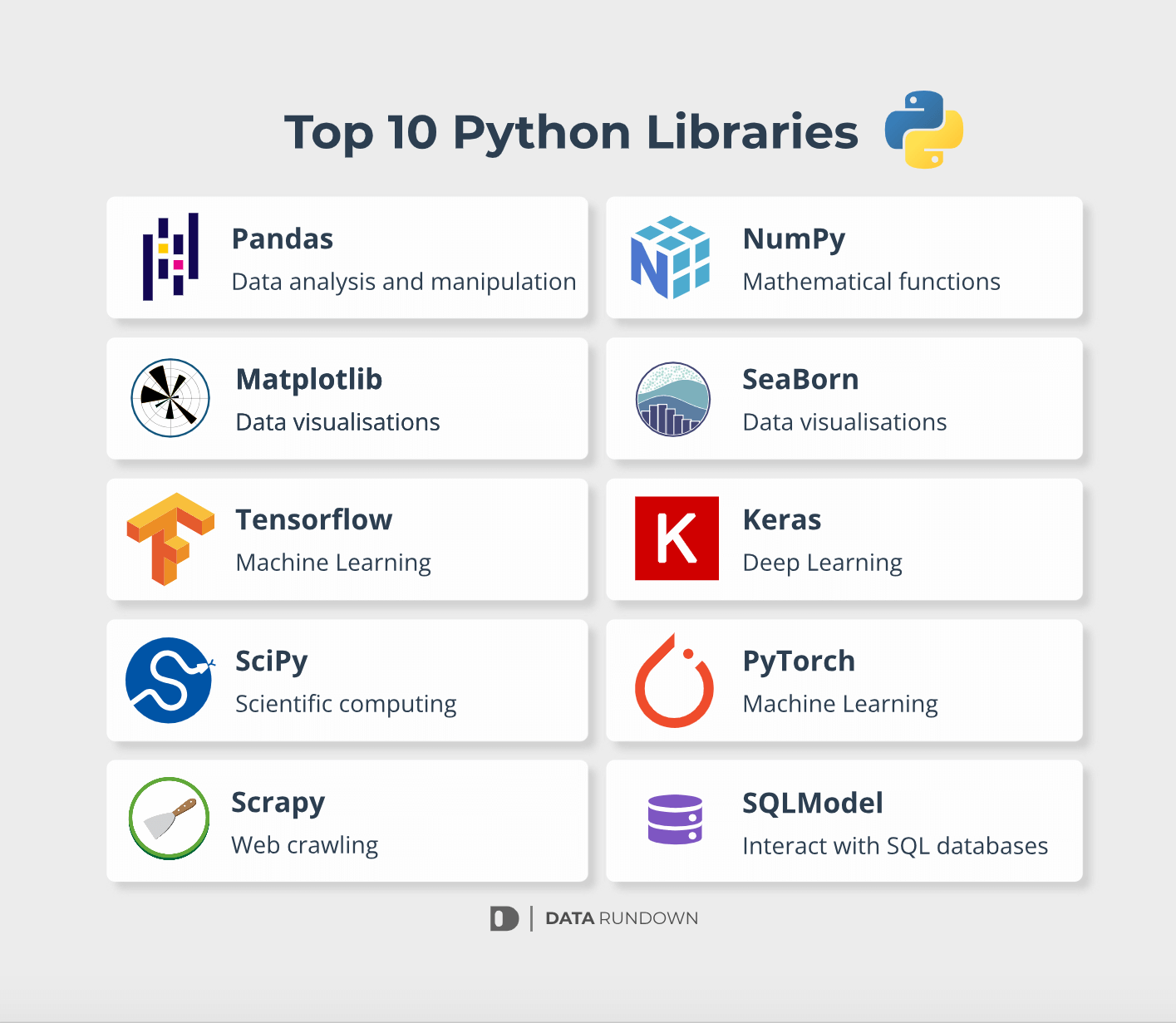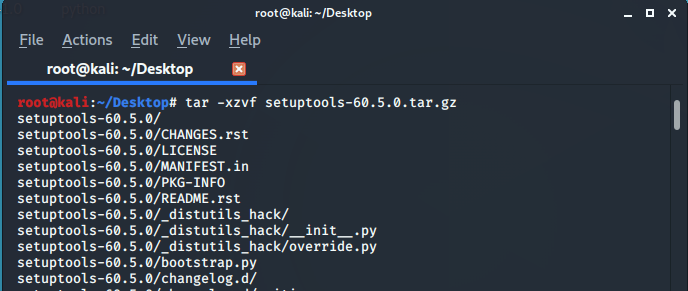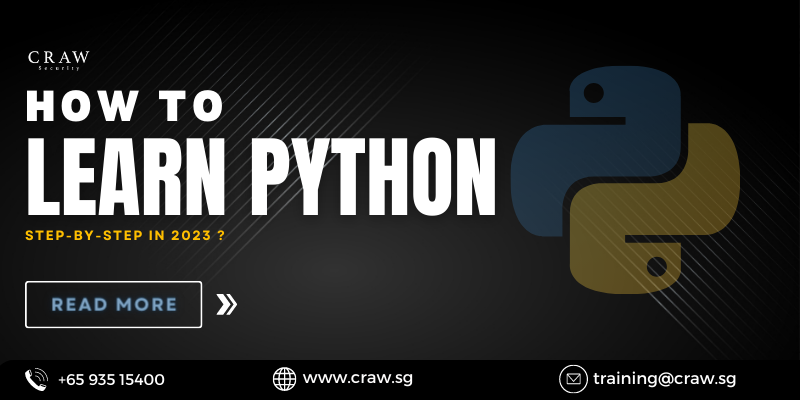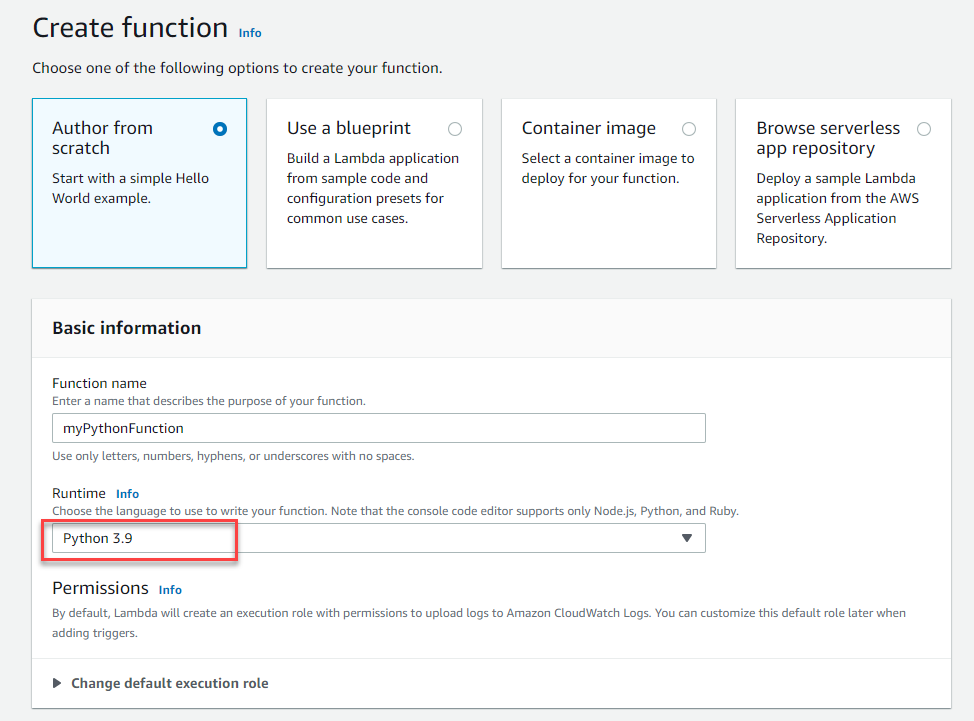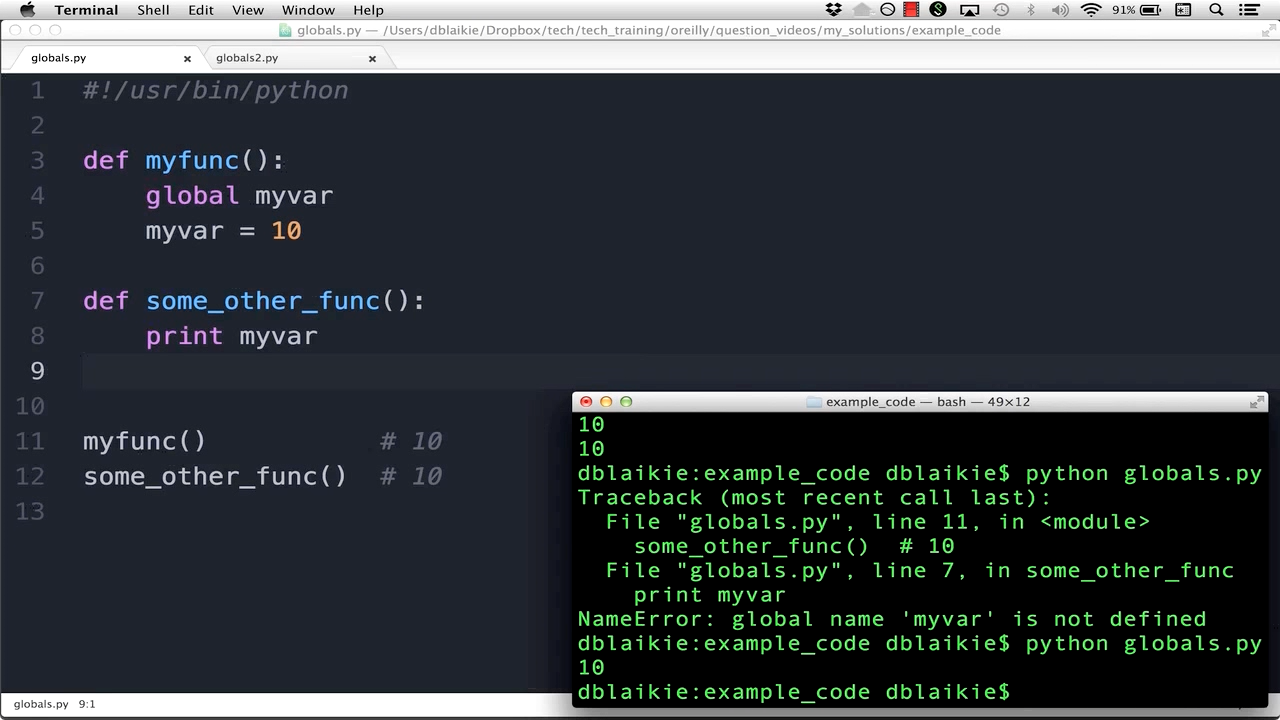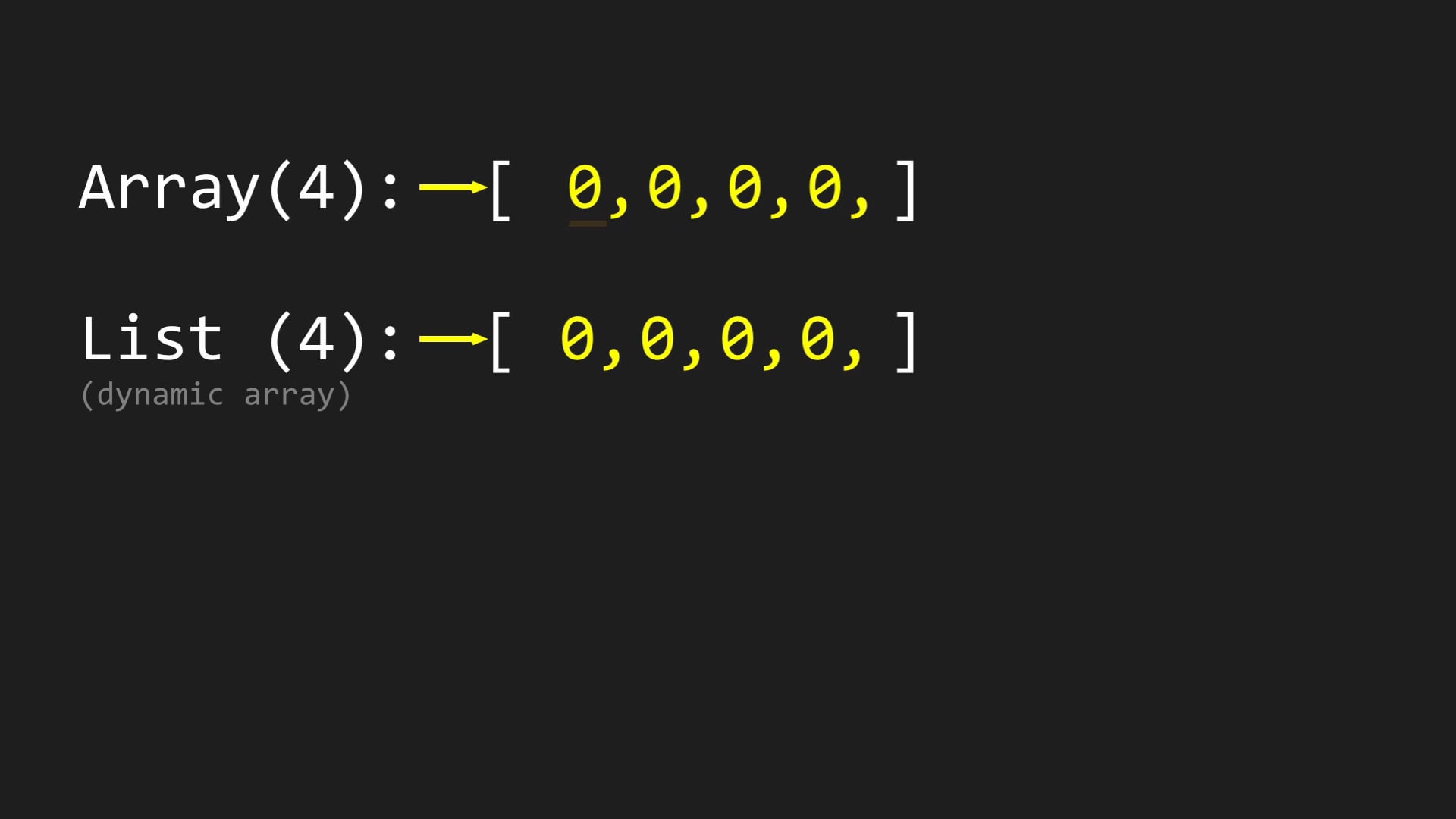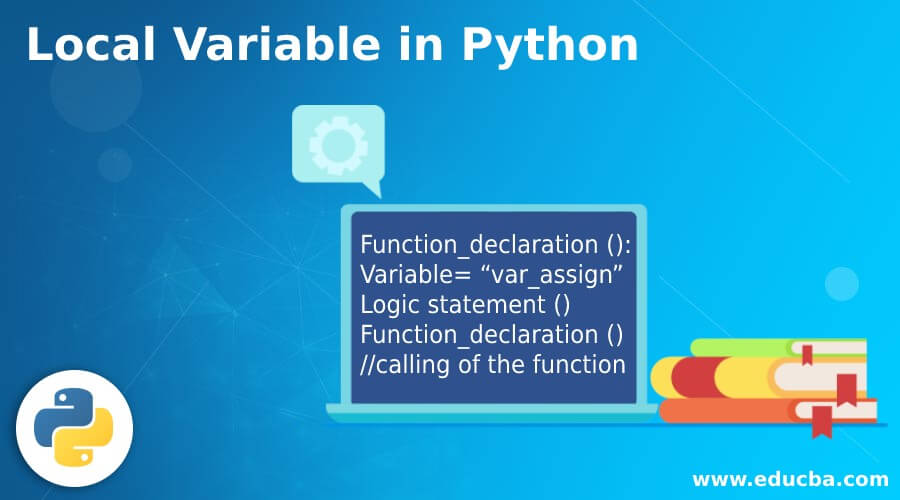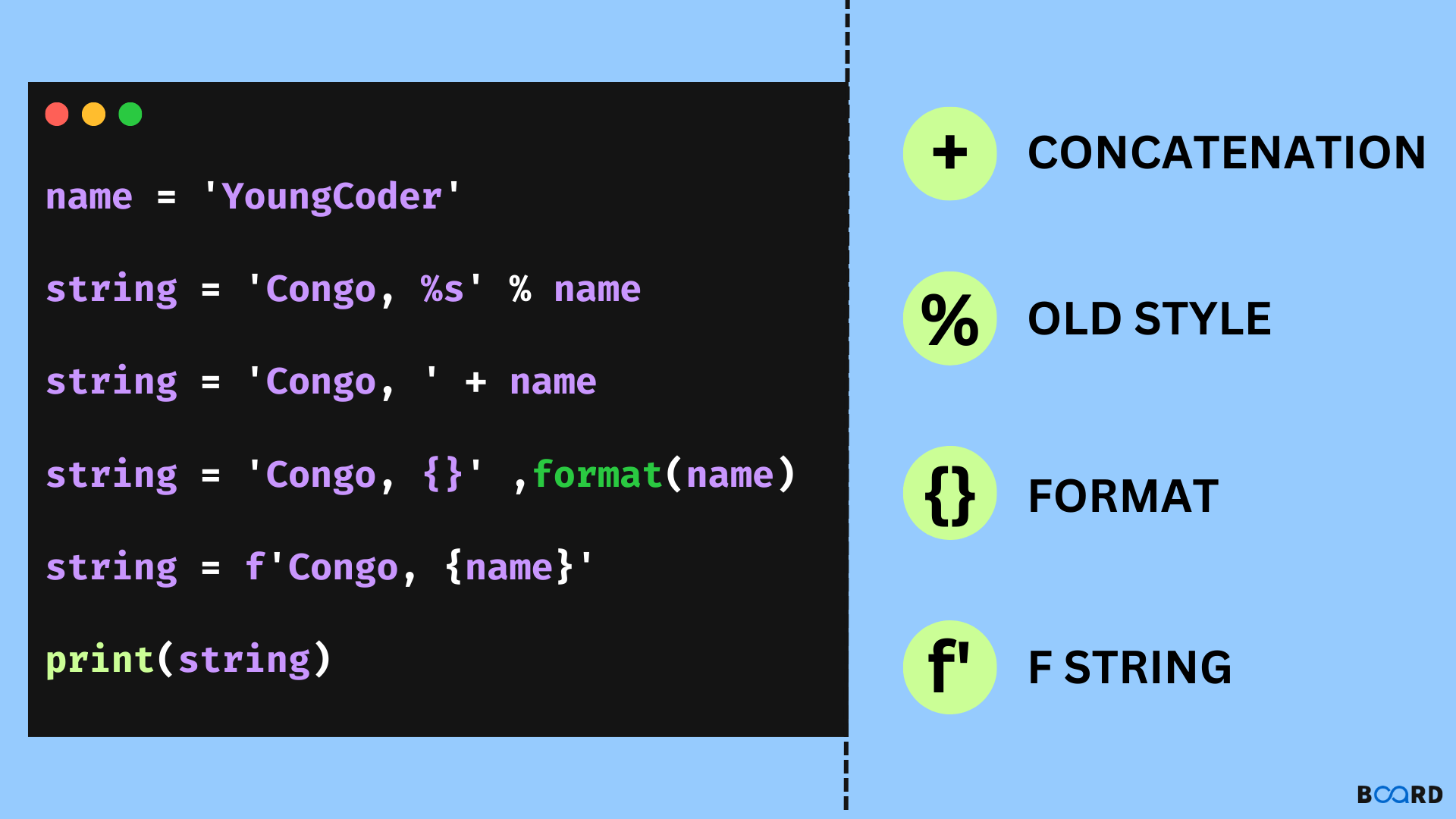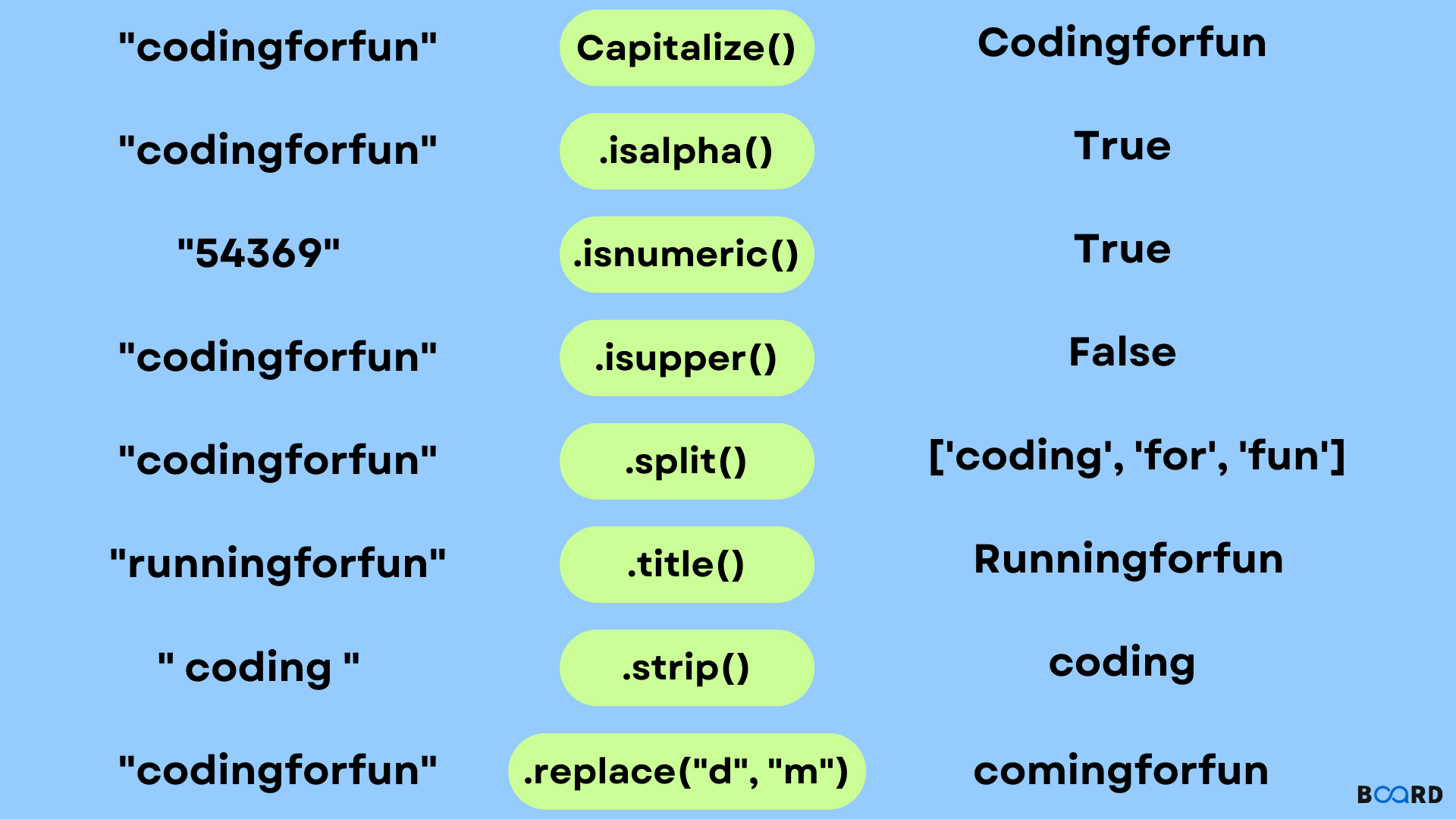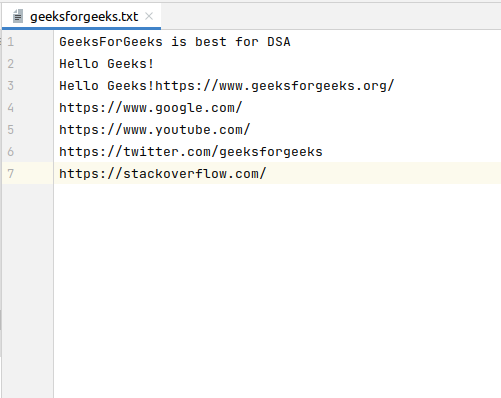What are the basic instructions in Python?
What are the basic instructions in Python?
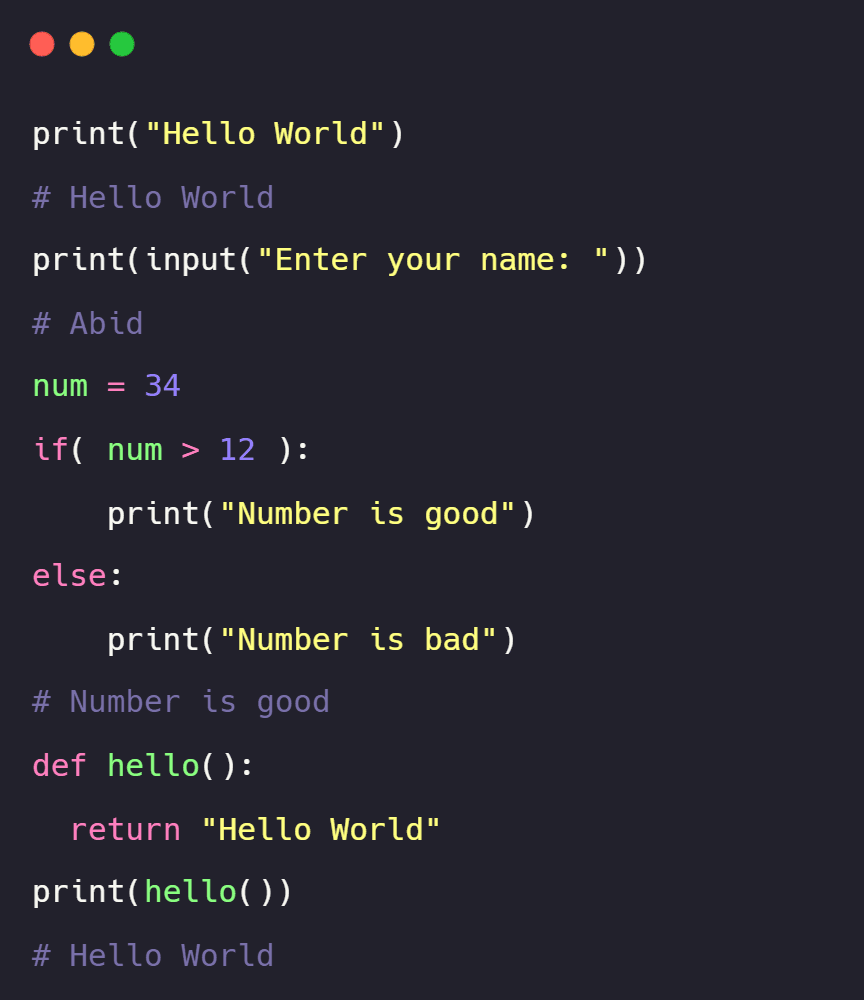
Here are the basic instructions in Python:
Variables and Data Types
In Python, you can assign a value to a variable using the = operator. For example:
x = 5 # integery = "hello" # string
z = 3.14 # float
Python has several built-in data types:
Integers (int): whole numbers, e.g., 1, 2, 3, etc.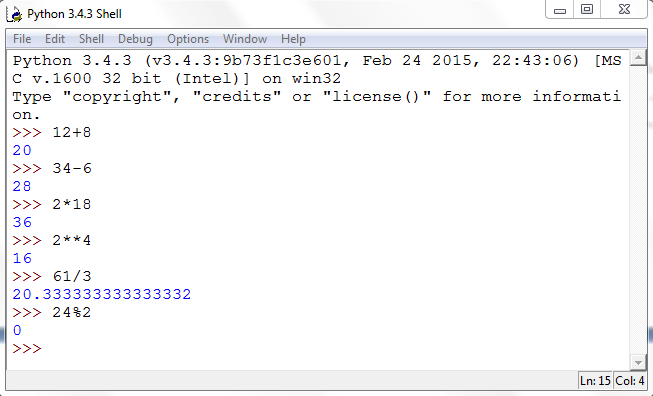
Operators
Python has various operators for performing arithmetic, comparison, logical, and assignment operations:
Arithmetic Operators:
x = 5 + 3 # additiony = x * 2 # multiplication
z = x / 2 # division
Comparison Operators:
x = 5y = 3
if x > y: # greater than
print("x is greater")
Logical Operators:
x = Truey = False
print(x and y) # logical AND
print(x or y) # logical OR
Assignment Operators:
x = 5x += 3 # x = x + 3
x -= 2 # x = x - 2
Control Flow
Python has various control flow statements for managing the order of execution:
If-else statements:For loops:x = 5if x > 10:
print("x is greater than 10")
elif x == 5:
print("x is equal to 5")
else:
print("x is less than 10")
While loops:fruits = ["apple", "banana", "cherry"]for fruit in fruits:
print(fruit)
Functions:i = 0while i < 5:
print(i)
i += 1
def greet(name):print("Hello, " + name + "!")
greet("John")
Functions and Modules
Python has several built-in functions:
Print() function: prints output to the console Input() function: reads input from the userYou can also define your own custom functions:
def square(x):return x * x
print(square(4)) # outputs 16
Python also has a module system, where you can import and use external libraries:
import mathprint(math.pi) # prints the value of pi
These are some of the basic instructions in Python. With these building blocks, you can start creating more complex programs!
What are the basic skills required to learn Python?
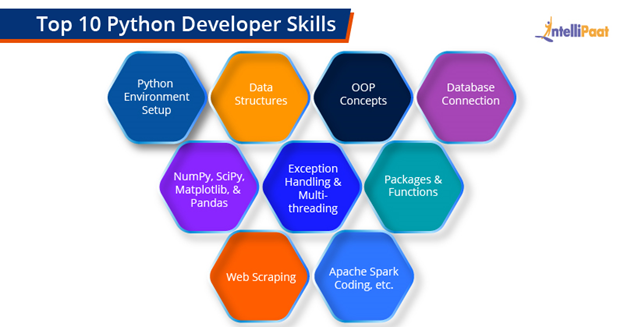
To learn Python, it's essential to possess certain fundamental skills and knowledge areas. Here are some of the basic skills and concepts you should focus on:
Programming fundamentals: Having a solid understanding of programming concepts is crucial for learning any programming language, including Python. Familiarize yourself with topics like variables, data types, control structures (if-else statements), loops (for, while, do-while), functions, and object-oriented programming. Algorithms and data structures: Python's popularity stems from its simplicity and flexibility in handling various algorithms and data structures. Brush up on concepts such as sorting, searching, graph traversal, stack, queue, linked list, binary search tree, and recursion. Problem-solving skills: Programming is all about solving problems, so develop your problem-solving skills by practicing with real-world scenarios or online platforms that provide programming challenges (e.g., LeetCode, HackerRank). Python syntax and semantics: Python has a unique syntax and set of built-in functions. Familiarize yourself with the language's basics, including indentation, print() function, list comprehensions, dictionary comprehension, sets, lambda functions, and built-in modules like math, statistics, and datetime. Understanding errors and exceptions: Python is a dynamic language that can handle runtime errors. Learn to recognize, diagnose, and debug common issues (e.g., syntax errors, NameError, TypeError) using tools like print() statements, pdb module, and the built-in debugger. Data manipulation and analysis: Python's popularity in data science stems from its ease of handling various data formats (csv, json, pandas). Familiarize yourself with libraries like Pandas, NumPy, and Matplotlib for data manipulation and visualization. File input/output operations: Understand how to read, write, and manipulate files in Python using modules like open(), csv, and pickle. This is crucial for working with external data sources or saving your program's output. Object-oriented programming (OOP) concepts: Python supports OOP principles like encapsulation, inheritance, polymorphism, and composition. Study how to create classes, objects, and methods, as well as inheritance and interfaces. Working with modules and packages: Learn how to import and use existing modules (e.g., math, statistics), create your own modules, and manage dependencies using pip and virtual environments. Version control systems (VCS) and collaboration tools: Familiarize yourself with VCS like Git, Mercurial, or SVN, which help you track changes and collaborate with others on projects. Understanding concurrency and multithreading: Python has built-in support for concurrent programming using libraries like multiprocessing and threading. Learn how to create threads, processes, and queues to optimize your program's performance. Practice and experimentation: The best way to learn Python is by writing code, experimenting with different approaches, and solving problems. Make sure to practice regularly to improve your skills and build confidence in your coding abilities.In summary, becoming proficient in Python requires a solid grasp of programming fundamentals, problem-solving skills, and knowledge of Python's unique syntax, semantics, and libraries. With dedication and persistence, you can master the basics and become proficient in this versatile language.
